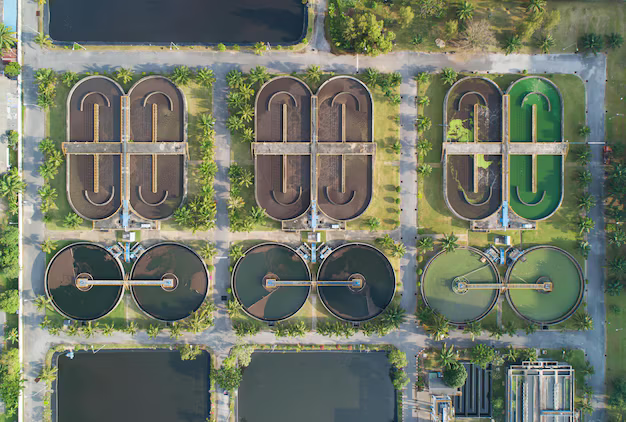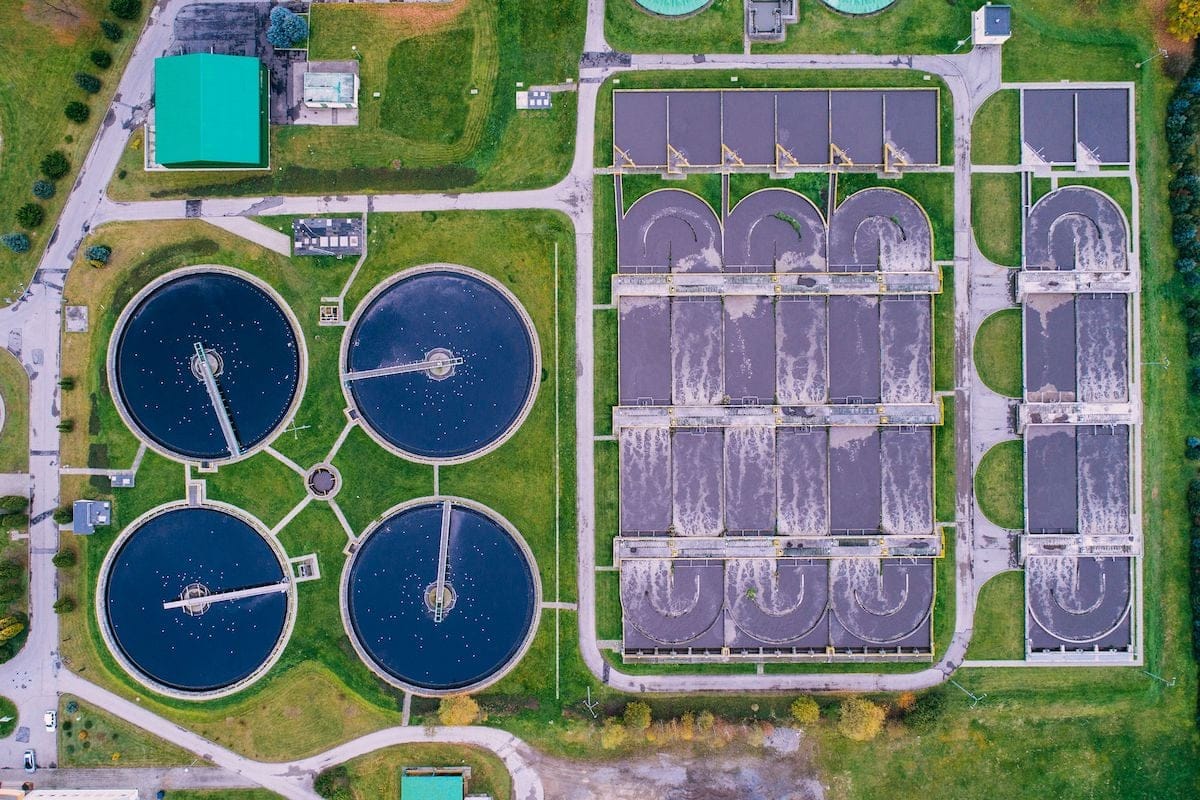Cost Savings Through Efficient Wastewater Treatment and Solutions

As industries expand and the global population grows, the demand for effective wastewater management becomes increasingly critical. Stricter regulations, rising operational costs, and the pressing need for sustainable practices are compelling organizations to adopt innovative solutions. Efficient wastewater treatment not only ensures compliance with environmental regulations but also results in significant cost savings. In this blog, we’ll delve into how adopting modern wastewater solutions can transform operational efficiencies and substantially reduce expenses for businesses in the Envirotech niche.
Understanding the Financial Burden of Wastewater Management
Wastewater treatment is often one of the largest line items in an organization’s operational budget. Traditional wastewater management methods, while effective to a degree, often come with high costs associated with infrastructure, energy, and chemical treatments.
Constructing and maintaining conventional treatment facilities demands substantial capital investment. Many organizations find themselves grappling with the hefty price tag of building new facilities or upgrading existing ones to meet regulatory standards. This upfront expenditure can be daunting, particularly for small to mid-sized enterprises.
Moreover, energy consumption in traditional systems tends to be substantial, driving up operational costs significantly. Older treatment technologies often require large amounts of energy to function effectively, which can be a major drain on resources, especially in regions where energy costs are high. Additionally, the reliance on chemical treatments for disinfection and coagulation further exacerbates ongoing expenses. These chemicals can be costly, and their procurement adds to the overall operational burden.
Given these challenges, it becomes imperative for organizations to explore more efficient solutions that promise not only enhanced treatment capabilities but also better financial outcomes.

Advanced Wastewater Treatment Technologies
The advancement of technology has ushered in a new era of wastewater treatment solutions that not only enhance operational efficiency but also yield substantial cost savings. One of the most transformative innovations is the adoption of membrane filtration technologies, such as ultrafiltration (UF) and reverse osmosis (RO).
These advanced filtration systems are capable of effectively removing contaminants and pathogens from wastewater, producing high-quality effluent that can be reused or safely discharged. This capability significantly reduces the volume of wastewater requiring treatment, which translates into decreased treatment costs and lower fees associated with waste disposal. The recovered water can often be repurposed for irrigation, industrial processes, or even potable use in some applications, further reducing overall water procurement costs.
Another game-changing innovation in wastewater treatment is the use of advanced biological treatment processes, including Membrane Bioreactors (MBRs) and Moving Bed Biofilm Reactors (MBBRs). These methods optimize the treatment process by using less space and energy compared to conventional systems. MBRs, for instance, combine biological treatment with membrane filtration, resulting in a more efficient process that produces high-quality effluent with minimal footprint.
In addition to these technologies, electrocoagulation has emerged as an effective solution for treating wastewater. This method uses electric currents to destabilize and remove suspended solids and contaminants from water. The advantages of electrocoagulation include reduced sludge generation and lower chemical usage, making it an environmentally friendly option that also cuts costs associated with disposal and procurement of treatment chemicals.
Automation and Smart Technologies
Incorporating automation and smart monitoring systems into wastewater management is reshaping the industry landscape. The integration of IoT (Internet of Things) technology facilitates real-time data collection and analysis, allowing organizations to monitor their systems continuously.
This capability enables businesses to quickly identify inefficiencies and implement necessary adjustments to optimize operations. For example, automated systems can adjust flow rates, chemical dosages, and energy usage based on real-time data, leading to significant resource savings. This flexibility ensures that treatment processes operate at peak efficiency while reducing costs.
Additionally, the predictive maintenance capabilities of smart technologies can help organizations foresee equipment failures before they occur. By monitoring equipment health and performance, businesses can schedule maintenance proactively, thereby minimizing downtime and reducing costs associated with emergency repairs. This approach not only enhances system reliability but also ensures consistent treatment performance.
Furthermore, automation can streamline labor-intensive tasks, allowing staff to focus on higher-level operations and strategic decision-making rather than routine maintenance. This not only boosts productivity but also contributes to cost savings by reducing labor requirements and associated expenses.
Waste-to-Energy Solutions
One of the most compelling advancements in wastewater management is the ability to convert wastewater into energy through anaerobic digestion. This process not only reduces waste but also generates renewable energy in the form of biogas.
Anaerobic digestion involves breaking down organic material in the absence of oxygen, producing biogas that can be captured and used for electricity generation or heating. Utilizing this renewable energy source can dramatically decrease energy costs, allowing organizations to offset some of their operational expenses. Moreover, the energy generated can be used to power treatment facilities, further enhancing operational efficiency.
In addition to energy production, anaerobic digestion facilitates the recovery of valuable nutrients from wastewater, such as nitrogen and phosphorus. These nutrients can be repurposed as fertilizers, reducing the need to purchase raw materials for agricultural or landscaping purposes. By integrating waste-to-energy solutions into their wastewater management strategies, organizations can create a sustainable cycle that not only addresses waste disposal challenges but also generates additional revenue streams.
Long-Term Sustainability and Cost Benefits
Investing in efficient wastewater treatment technologies offers long-term financial and environmental benefits. Organizations that prioritize sustainability are often viewed favorably by consumers and stakeholders alike. A positive brand image can lead to increased sales, customer loyalty, and enhanced partnerships with other environmentally conscious businesses.
Efficient wastewater solutions also help organizations maintain compliance with increasingly stringent environmental regulations. By implementing advanced treatment technologies, businesses can avoid costly fines and penalties associated with non-compliance. Staying ahead of regulatory requirements not only safeguards an organization’s reputation but also prevents potential disruptions to operations.
Moreover, adopting sustainable practices in wastewater management conserves valuable resources, such as water and energy. Organizations that embrace resource efficiency position themselves as leaders in corporate social responsibility (CSR), appealing to stakeholders who prioritize sustainability in their decision-making processes.

Conclusion
Incorporating efficient wastewater solutions into business operations is not merely an operational necessity; it is a strategic investment in the future. By leveraging advanced technologies, smart practices, and waste-to-energy solutions, companies within the Envirotech niche can achieve significant cost savings while contributing positively to environmental sustainability.
As the industry continues to evolve, the shift toward efficient wastewater management solutions will not only benefit the bottom line but also ensure a more sustainable and responsible approach to resource management. In a world increasingly focused on sustainability, organizations that prioritize innovative wastewater solutions will position themselves for success in the future, demonstrating their commitment to environmental stewardship and operational excellence.